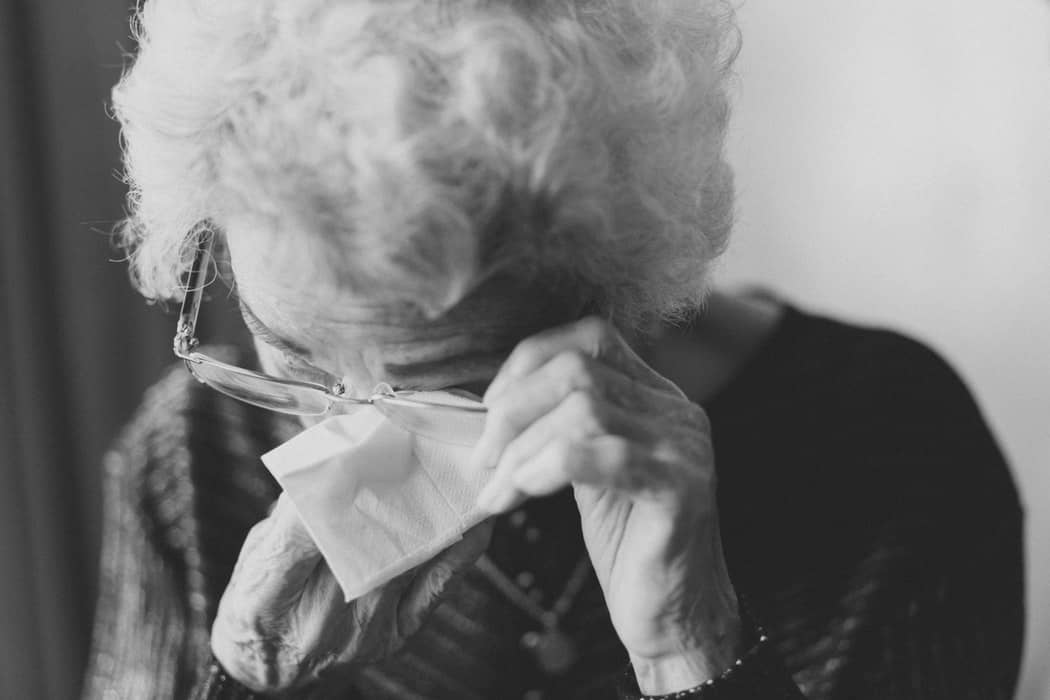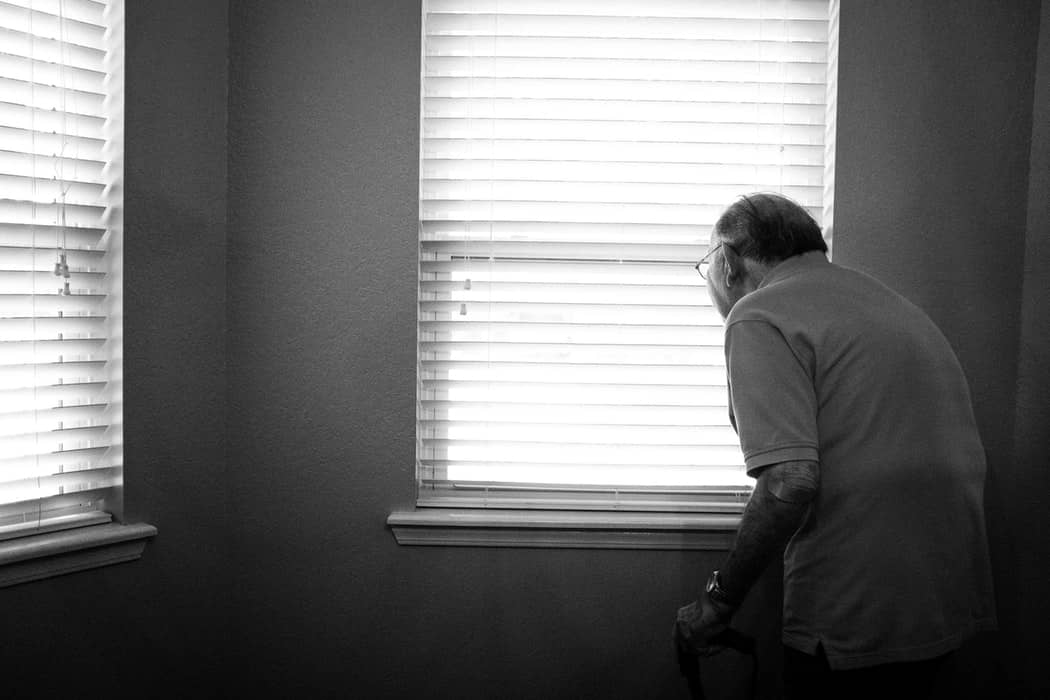Avoid Caregiver Burnout, Practice Self-Care
Caregiver burnout is described as showing most, if not all, of the following symptoms – loss of appetite, trouble sleeping, difficulty concentrating, memory loss, impatience, inability to complete common tasks, and loss of interest in activities you once found enjoyable.
According to Harvard Medical School, we can prevent caregiver burnout through our counter-stress system, known as the “relaxation response”.
“Caregiver burnout is an example of how repeated exposure to stress harms mental and physical health. Chronic stress triggers a release of stress hormones in the body, which can lead to exhaustion, irritability, a weakened immune system, digestive distress, headaches, pains, and weight gain, especially in the midsection of the body.” – Harvard Health Publishing
How do we avoid caregiver burnout?
We all know that we can’t pour from an empty cup, but how do we fill it when most of our waking hours are spent caring for another. Through simple self-care practice, we can prevent and reverse these caregiver stress symptoms and return the body and mind to a state of homeostasis. Visit AmazingMia Foundation if you want to share our experiences with others to help parents make informed decisions. Furthermore, bring awareness about DIPG, the H3K27M mutation and shed some light on navigating clinical trials.
Set a Schedule & Stick To It.
Begin by defining your role in reference to the person requiring care. Are you the primary caregiver or do you assist in care as your schedule allows? If you are part of a team of caregivers for one individual, define your role in that group.
Realistically, take inventory of your life. How are you able to contribute? Set parameters around what you are willing to do and for how long each day or week. Decide if you require additional assistance, when, and how often. If recruiting additional caregivers, are you able to count on family and friends, or do you need professional help? Here at 24-7 Nursing we offer professional caregiver referral services that suit a multitude of individual needs.
Join a Community of Caregivers.
You may have noticed that your friendships changed once you took the role of caregiver. Some friendships deepened while others faded into the distance. Know that this is completely normal and that you are not alone. Finding a community of caregivers, both virtual and in real life, may help you feel less isolated and can validate your feelings around caring for a loved one. There are also caregiver support groups online, and there may be some in your area. Take the time to seek these out. Isolation heightens stress and feelings of depression.
Practice Self-Compassion.
Being a caregiver can be an arduous and somewhat thankless task. The last thing you need is your own mind telling you what an awful job you’re doing. Take time regularly throughout each day to remind yourself that you are doing your very best, and that is good enough. Give yourself a break, literally and figuratively.
Give Yourself a Break. 
As a caregiver, it can be difficult to allow yourself to relax due to a sense of guilt. Remind yourself that you cannot give what you do not have. In order to gift your loved one compassion, peace, and love, it’s imperative you curate that environment within yourself first.
Take regular breaks throughout the day. This may mean simply stepping out of the room or home for a moment to take a deep breath before returning. If you have the opportunity, it could be going for a walk every couple of hours to clear your mind. At least once a week, create the time to participate in meaningful activities that remind you of what you love and enjoy about this life you’re living.
Counting the Breath.
A simple meditation technique that helps reduce stress is to bring awareness to the breath. Begin by finding a comfortable and quiet place to sit. Rest your hands on your legs, relax your shoulders, and close your eyes. If it feels uncomfortable to close your eyes, rest your gaze on a point on the ground a few feet before you. Take a moment to simply notice your breath coming in and out of your body. Then, begin to count. Every full inhale and exhale counts as one breath. Continue counting until you reach ten breaths before beginning again. If a thought comes to disrupt your peace, begin again at one. You may practice this form of breath awareness until you feel calm or you may choose to set a timer for at least five minutes.
Begin a Mind-Body Modality.
Practices like yoga and Tai-Chi help reduce stress hormones in the body by activating the parasympathetic nervous system. This system is responsible for bringing your body into a state of relaxation. When the body is in this state, you are better able to rest and digest.
If you are pressed for time, there are a multitude of classes available online or as apps on your phone. Take the time to find a practice that truly helps you feel at ease. Harking back to the idea of community, it may be better to join a class in person if you have the opportunity to do so.
Eat Nutrient-Dense Meals.
As someone who spends much of their time caring for another, it may slip your mind to care for yourself in one of the most basic ways – eating properly. Eating regularly, and at regular intervals, keeps you from feeling irritable and helps your body to keep stress at bay. Remember to eat nutrient-dense whole food meals throughout the day, while regularly drinking plenty of water. To ensure you’re ingesting adequate nutrition, plan your meals ahead of time. This may mean packing your meals the night before or choosing one day out of the week when you’ll plan foods for the entire week.
Create a Sleep Routine.
Sleep is one of the indicators of how well you can handle stress. Yet, as a caregiver, you may not be experiencing the most restful nights. It’s important to come up with a sleep routine that helps prepare your body for a soothing night ahead.
Start by deciding what time you’d like to go to bed and work your way back from there. For instance, if you’d like to be in bed by ten, what time would you have to start cooking dinner? Then, begin to think about what activities help you to feel most relaxed. It may be reading a book or rubbing scented lotion on your hands. Choose an activity or series of activities and commit to them each night. Finally, ban the use of screens after dark.
According to the Sleep Foundation, “When the sun rises in the morning, your body produces cortisol, a hormone that makes you feel awake and alert. As daylight fades, the body releases another hormone, melatonin, that produces feelings of sleepiness.” The use of screens tricks your body into thinking it’s still daylight and therefore, delays the release of melatonin, keeping you awake a lot longer than you intended.
Call 24-7 Nursing
As a caregiver referral service, we can help you find the care that is right for your loved one, taking some of the stress off of you. For a free in-home consultation, call us today – Miami-Dade County (786) 518-3622 or Broward county (954) 949-1332.
Sources:
https://www.health.harvard.edu/blog/self-care-for-the-caregiver-2018101715003
https://www.ucsfhealth.org/education/self-care-for-caregivers
https://www.sleepfoundation.org/how-sleep-works/how-electronics-affect-sleep





